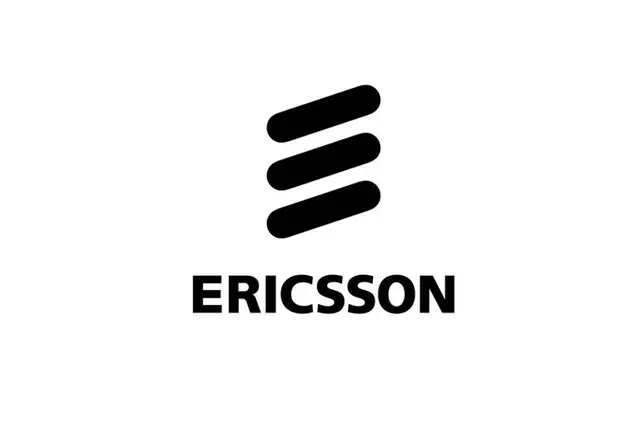Multinational tech company Ericsson announced the extension of a Memorandum of Understanding (MoU) with Kuwaiti telecoms operator Zain Group this week. According to the companies, the MoU will focus on boosting joint initiatives to build more energy-efficient networks.
As part of the existing MoU, Ericsson explained that it outlined the framework and associated activities for breaking the energy curve and approaches to reducing energy consumption and carbon emissions on some Zain networks.
This focus on breaking the energy curve will continue through the extended MoU, with the potential deployment of the latest 5G radios and energy-saving features to some of Zain Group’s networks, it was shared.
According to a statement this week, the two will also explore intelligent operations to reduce Zain Group’s carbon footprint further and enhance energy efficiency.
Ericsson’s global Product Take-Back Program will also be leveraged to support more responsible disposal and recycling of e-waste—a growing global issue.
According to UN figures, the annual e-waste generation is rising by 2.6 million tonnes annually, and is currently on track to reach 82 million tonnes by 2030.
However, recycling is not keeping pace, with just 22.3 per cent of the year’s e-waste mass documented as having been properly collected and recycled in 2022.
In a statement on the launch of the Global e-Waste Monitor 2024, Vanessa Gray, Head, Environment & Emergency Telecommunications Division, ITU Telecommunication Development Bureau, said: “The Global E-waste Monitor shows that we are currently wasting US $91 billion in valuable metals due to insufficient e-waste recycling. We must seize the economic and environmental benefits of proper e-waste management; otherwise, the digital ambitions of our future generations will face significant risks.”



